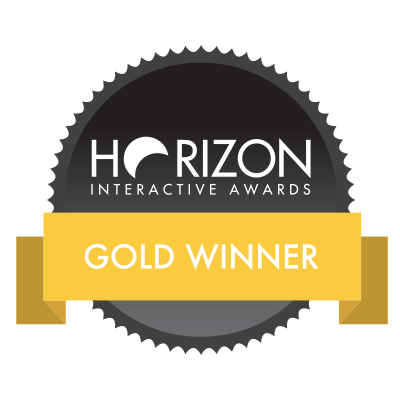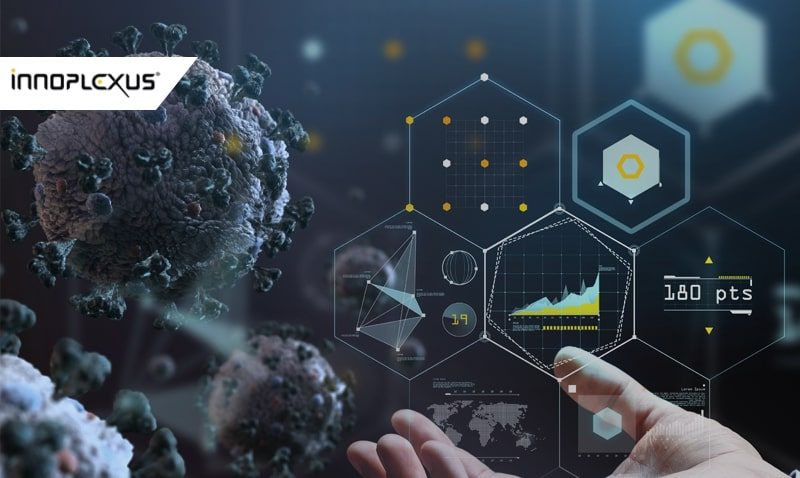
Ontosight® – Biweekly NewsletterJune 17th – June 30th, 2024 –Read More

Ontosight® – Biweekly NewsletterJune 17th – June 30th, 2024 –Read More
May 24
Apr 24

Innoplexus wins Horizon Interactive Gold Award for Curia App
Read More
First discovered in December 2019 in China, the severe acute respiratory syndrome coronavirus 2 (SARS-CoV-2) had spread worldwide. By April 2020 it was declared a pandemic by the World Health Organization (WHO). There is now a race to developing a vaccine to cure COVID-19 (coronavirus disease 2019).
COVID-19, which has affected more than 7 Million people across the world by June 2020, is not only highly contagious but also deadly. Therefore, finding a cure for this disease is the foremost priority for the pharmaceutical and biotechnology industry. Can this be done without the help of artificial intelligence?
Only 10 of 5,000 to 10,000 chemical compounds put to preclinical testing qualify for clinical stage using traditional methods. Nearly half are abandoned before phase III trials due to lack of efficacy.1 In 2019, 48 drugs were approved, most of which were in trials for 4-6 years which is the average time to pass Phase I, II, and III of the trials. However, early this year a key milestone in healthcare was achieved with the entry of DSP-1181, a compound designed using artificial intelligence technologies to treat obsessive-compulsive disorder, into clinical trials.
As more and more pharmaceutical and technology companies come together to find a solution, the applications of artificial intelligence in drug discovery and repurposing are being explored. When AI technologies come together with advanced informatics, and biomedical big data, new possibilities of discovery open up. In translational bioinformatics, the mechanism of SARS-CoV-2 and its subtypes data are investigated to develop vaccines and targeted drugs.
Imaging informatics, routine X-ray or CT scan data can be effectively utilized with RT-PCR to improve accuracy of COVID-19 diagnosis. On the other hand, sensor informatics can help analyze wearable sensor data in real-time for monitoring of asymptomatic and mild-symptom COVID-19 patients as well as those in hospital intensive care units.
Moreover, clinical and behavioral informatics provide substantial information to facilitate the care of COVID-19 patients, all with the help of artificial intelligence technologies and tools. Simultaneously, epidemiology models are being used to collect field data and predict the spread of COVID-19 in order to assist policy makers and reduce spread while a cure is being discovered.
According to Om Sharma, Associate Vice President – Bioinformatics, Innoplexus, Artificial Intelligence is quickly turning into a significant methodology across drug discovery, clinical data prediction, diagnostics and devices and precision medicines. Some major applications of artificial intelligence technologies during the novel coronavirus pandemic are as follows:
“When used in various healthcare settings AI has the potential to enhance performance and effectiveness of the healthcare systems, and ultimately improve the patient care and quality of life,” says Sharma who believes AI enables scientists and specialists to make educated choices and shape better outcomes. With tremendous potential and possibilities, artificial intelligence has become the hope of millions of people waiting for a cure or vaccine for COVID-19.
The cost of developing a new drug roughly doubles every nine years (inflation-adjusted) aka Eroom’s law. As the volume of data…
There was a time when science depended on manual efforts by scientists and researchers. Then, came an avalanche of data…
Collaboration with key opinion leaders and influencers becomes crucial at various stages of the drug development chain. When a pharmaceutical…
Data are not the new gold – but the ability to put them together in a relevant and analyzable way…
Artificial intelligence, or AI, is gaining more attention in the pharma space these days. At one time evoking images from…
Artificial intelligence (AI) is transforming the pharmaceutical industry with extraordinary innovations that are automating processes at every stage of drug…
There is a lot of buzz these days about how artificial intelligence (AI) is going to disrupt the pharmaceutical industry….
Drug discovery plays a key role in the pharma and biotech industries. Discovering unmet needs, pinpointing the target, identifying the…
The pharmaceutical industry spends billions on R&D each year. Clinical trials require tremendous amounts of effort, from identifying sites and…
Training algorithms to identify and extract Life Sciences-specific data The English dictionary is full of words and definitions that can be…
The early 1970s introduced the world to the idea of computer vision, a promising technology automating tasks that would otherwise…
Summary: AI could potentially speed drug discovery and save time in rejecting treatments that are unlikely to yield worthwhile resultsAI has…